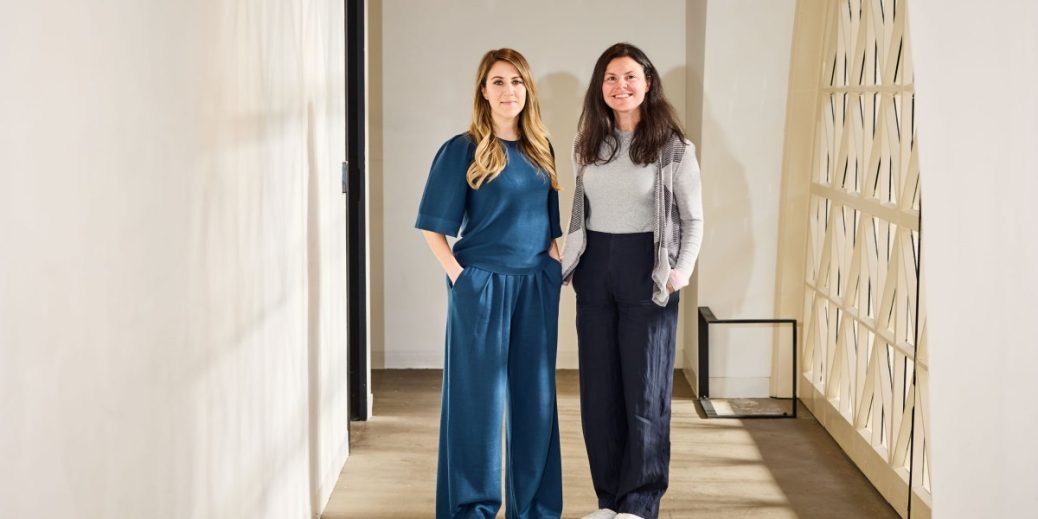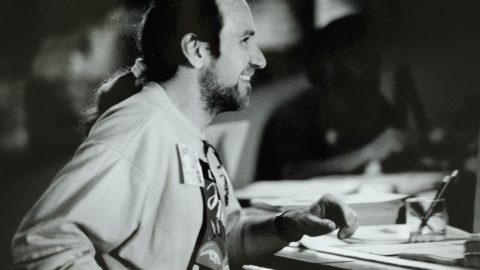
Tumml found success by offering money, mentorship, and guidance, but the pair realized that relying solely on fickle philanthropic funding meant the model had a ceiling. To expand their work, they retired Tumml and launched the Urban Innovation Fund in 2016 with $24.5 million in initial investments. While Tumml had offered relatively small checks and support to companies at the earliest stages, UIF would allow Brenner and Lein to supercharge their funding and involvement.
Their focus has remained on startups tackling urban problems in areas such as public health, education, and transportation. The types of companies they look for are those that drive economic vitality in cities, make urban areas more livable, or make cities more sustainable. As Tumml did, UIF provides not just funding but also consistent support in navigating regulatory challenges.
“It’s a very, very small subset of companies that can both work on a problem that, at least in our minds, really matters and be an enormous business.”
And, like Tumml, UIF has taken on industries or companies that other investors may see as risky. When it was raising its first fund, Lein remembers, they pitched a large institution on its vision, which includes investing in companies that work on climate and energy. The organization, burned by the money it lost when the first cleantech bubble burst, was extremely wary—it wasn’t interested in a fund that emphasized those areas. But Lein and Brenner pressed on. Today, climate tech remains one of the fund’s largest areas, accounting for more than a sixth of its portfolio of 64 companies (see “Urban innovation in action,” at right). In addition to Electriphi, they have invested in Public Grid, a company that gives households access to affordable clean energy, and Optiwatt, an app that helps EV drivers schedule charging at times of day when it is cheaper or cleaner.
“They took risks in areas, [including] mobility and transportation, where other people might not play because of policy and regulation risk. And they were willing to think about the public-private partnerships and what might be needed,” says Rachel Sheinbein, MBA ’04, SM ’04, a Bay Area–based angel investor who has worked with the Urban Innovation Fund on investments. “They weren’t afraid to take that on.”
Lein and Brenner have also invested in health companies like Cleancard, which is working to provide at-home testing for cancers, and startups creating workflow tools, like KarmaSuite, which has built software to help nonprofits track grants.
Meanwhile, they have cast a wide net and built a portfolio rich in companies that happen to be led by entrepreneurs from underrepresented groups: Three-quarters of the companies in UIF’s current portfolio were founded by women or people of color, and nearly 60% include an immigrant on their founding team.
When it comes to selecting companies, Brenner says, they make “very calculated decisions” based in part on regulatory factors that may affect profits. But they’re still looking for the huge returns that drive other investors.
“It’s a very, very small subset of companies that can both work on a problem that, at least in our minds, really matters and be an enormous business,” she says. “Those are really the companies that we’re looking for.”







Recent Comments